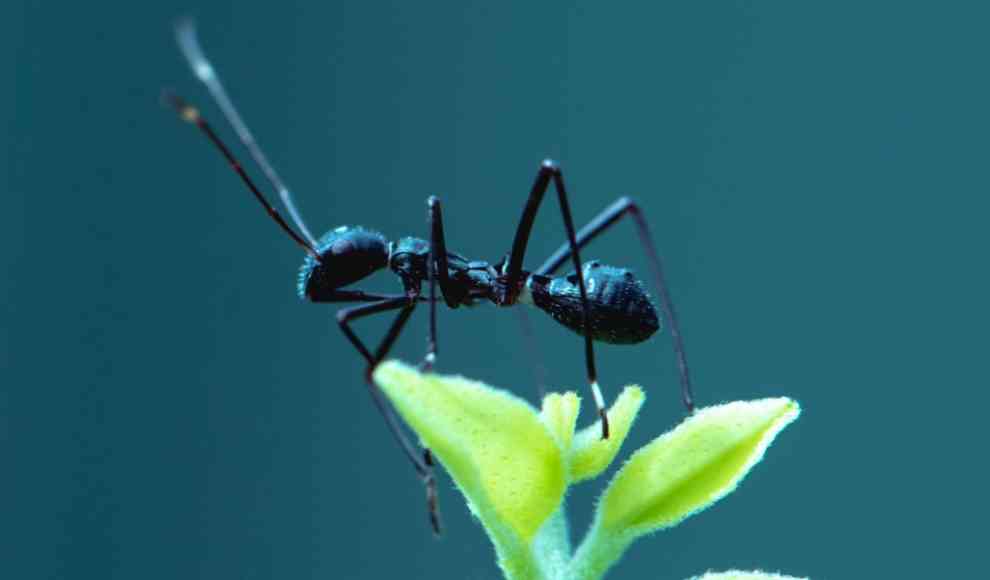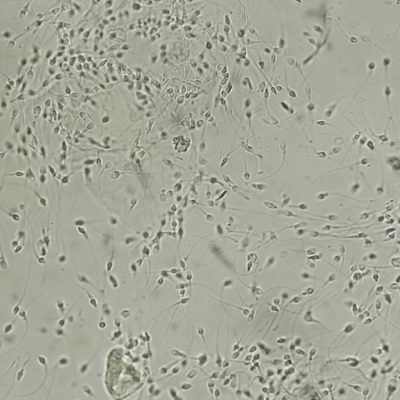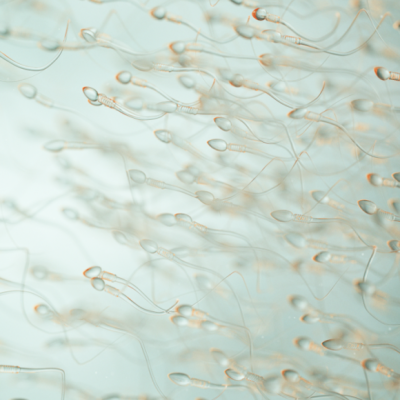A new study by scientists at the University of Bern has revealed a previously unknown negative effect of the neonicotinoid pesticide Thiamethoxam on ant colonies. The research, published in the journal Communications Biology, found that the pesticide has a long-term impact, reducing the size of ant colonies after a year. The study highlights the difficulty of assessing the environmental impact of pesticides. Neonicotinoid pesticides have long been criticised by environmental groups such as the German Nature and Biodiversity Conservation Union (NABU) for their strong neurotoxic effect on bees and other insects. The European Union restricted the use of three neonicotinoids, including Thiamethoxam, in April 2018, but the NABU warns that the substances can still enter the environment via wastewater and that other neonicotinoids remain legal.
The Bern scientists conducted experiments on 20 colonies of black garden ants, exposing 10 to Thiamethoxam and leaving 10 as a control group. During the two-year study, the researchers observed the health of the ants and the development of the colonies. In the first year, there were almost no differences between the ants exposed to Thiamethoxam and the control group. However, in the second year, the colonies exposed to the pesticide were significantly smaller, with the number of worker ants decreasing by over 50% compared to the control group. The researchers explain that the productivity and organisation of ant colonies depend on the number of worker ants, which also provide a competitive advantage in conflicts between colonies.
Co-author Peter Neumann describes the long-term effects of neonicotinoid insecticides on ants as alarming, as the study shows how long it can take for the effects of such small residues of agricultural chemicals to become visible. The scientists believe that insecticides are one of the main reasons for the global decline in insects, which is greater than previously thought, according to a recent study in Germany. The researchers stress the importance of ants in maintaining natural biodiversity and call for greater caution in the use of pesticides.
The study highlights the difficulty of assessing the environmental impact of pesticides and the need for greater caution in their use. The scientists believe that insecticides are one of the main reasons for the global decline in insects, which is greater than previously thought. The research also emphasises the importance of ants in maintaining natural biodiversity and the need to protect them from the harmful effects of pesticides.










